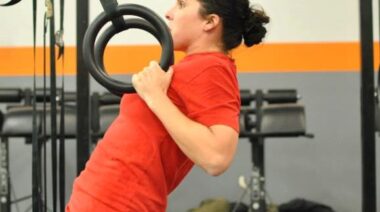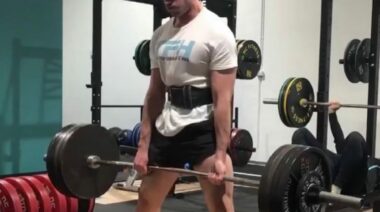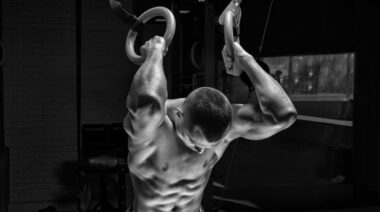People can be lumped into two categories: morning people, and the rest of us. Some people just pop out of bed bright-eyed and bushy-tailed and go to the gym before they even go to work. By contrast, people like me don’t understand the morning people at all. I assume they are insane. However, much to my chagrin, the morning is one of the busiest times of the day at the gym, which means as a trainer I usually need to be there.
Our body is ruled by rhythms. Things like sleep cycles, energy levels, and body temperature all fluctuate in rhythmic cycles. As many of us have found out the hard way, these cycles can also have an impact on our workout. In a recent study in the Journal of Strength and Conditioning Research, researchers investigated how one of these cycles, the circadian rhythm, affects exercise.
The circadian rhythm is the rock star of biological cycles. It is a daily rhythm, oscillating with a frequency of about 24 hours. Like all biological cycles, the circadian rhythm is controlled by an internal clock that sets and resets itself based on external stimuli. In this case, the stimulus is light, which usually means the rising and setting of the sun. Since the advent of electric light, we have gained some modicum of control over this rhythm.
Since light dominates the circadian rhythm, the oscillations that impact our workout will vary by time within a given day. However, these variations should be fairly consistent at a given time from day to day. If you tend to work out at the same time every day, you might have noticed this effect. In this study, the researchers examined the influence of the time of day on body temperature and power output. Since a warmed-up body is good for exercise, theoretically the best time to exercise might be affected by body temperature.
The researchers determined that core temperatures were lower in the morning than in the evening, which was expected. They also found that performance was higher in the evening for all sixteen people tested. Since the evening test was done on the same day as the morning test, one might expect some fatigue from the first workout. Apparently any fatigue the subjects did experience didn’t come into play, although there could be a potentiation effect as well. A larger study performed on separate days may have been better. I also wonder whether these results would hold if the subjects were competing in a hot environment. Although warmth is great for exercise, there is a point of diminishing returns when too much heat becomes detrimental.
For those morning people out there who exercise early, the good news is that consistency in the time you work out probably mitigates this effect a bit. If you are a competitive athlete, you should exercise at the same time you expect to compete. Otherwise, this study suggests that most people could gain more benefit from an evening workout.
References:
1. Daniel J. West, et. al., “The influence of the time of day on core temperature and lower body power output in elite rugby union sevens players,” Journal of Strength and Conditioning Research, DOI: 10.1519/JSC.0000000000000301
Photo courtesy of Shutterstock.






